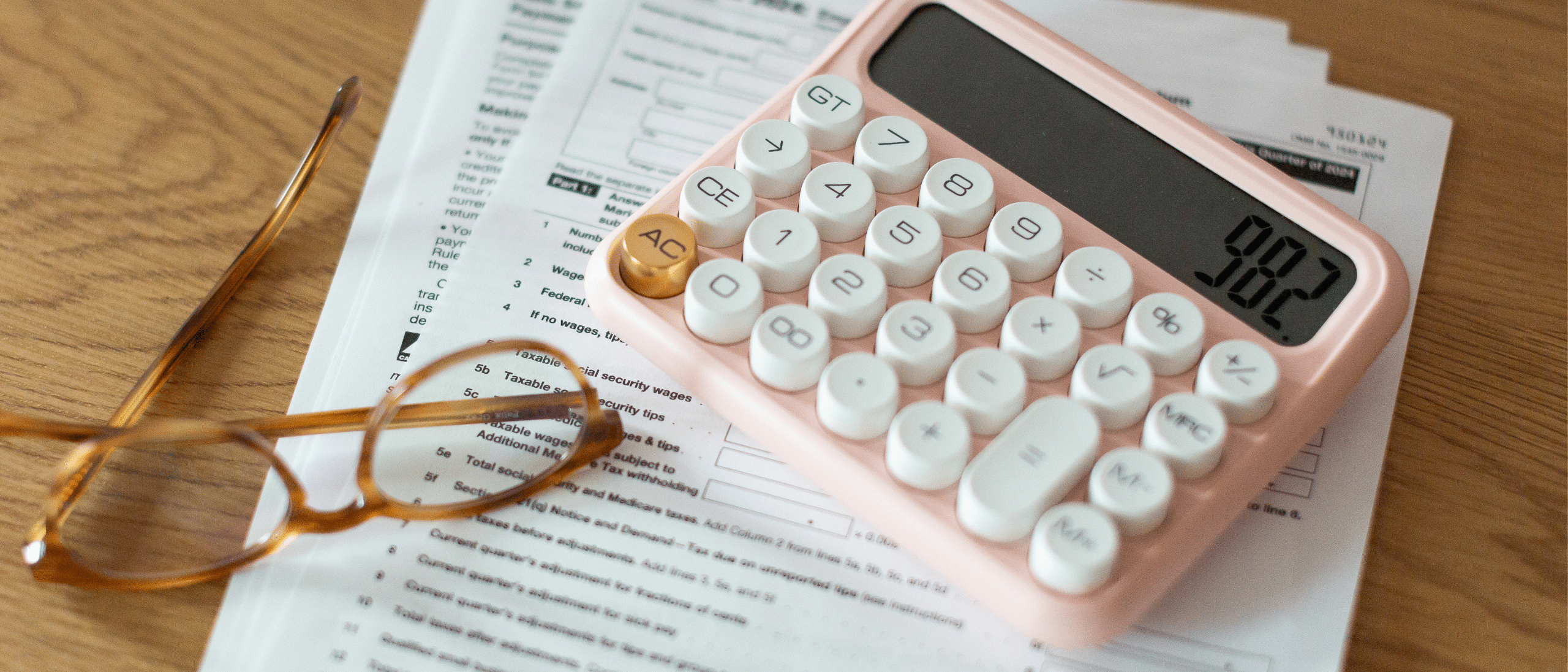A Sole Proprietorship is the easiest business structure to form because it’s just you, and it begins when you make your first sale.
On the federal level, you don’t need to do anything to create a sole proprietorship, but your state or city may require permits or licenses enabling you to operate. Many people do not think that they are considered a business unless they form a Limited Liability Company (LLC), but that’s not true. According to the government, a sole proprietorship is just as much a business as anything else.
Here is a quick overview of a Sole Proprietorship:
- Easiest business structure to form
- Income taxes are filed with a Schedule C attached to your personal tax return
- Owner is personally liable for any financial obligations of the business
The tax reporting is pretty straightforward with this structure. You report your annual income and expenses on a Schedule C that’s filed with your personal tax return. If your state has an income tax, then the info you reported on your federal return will just flow right onto your state return.
The big downside to the sole proprietorship structure is that the owner is personally liable for any financial obligations the business may have. This means if the business gets sued, the plaintiff can come after your personal assets like your home, car, personal bank accounts and any future income you make in order to satisfy the court’s ruling.




